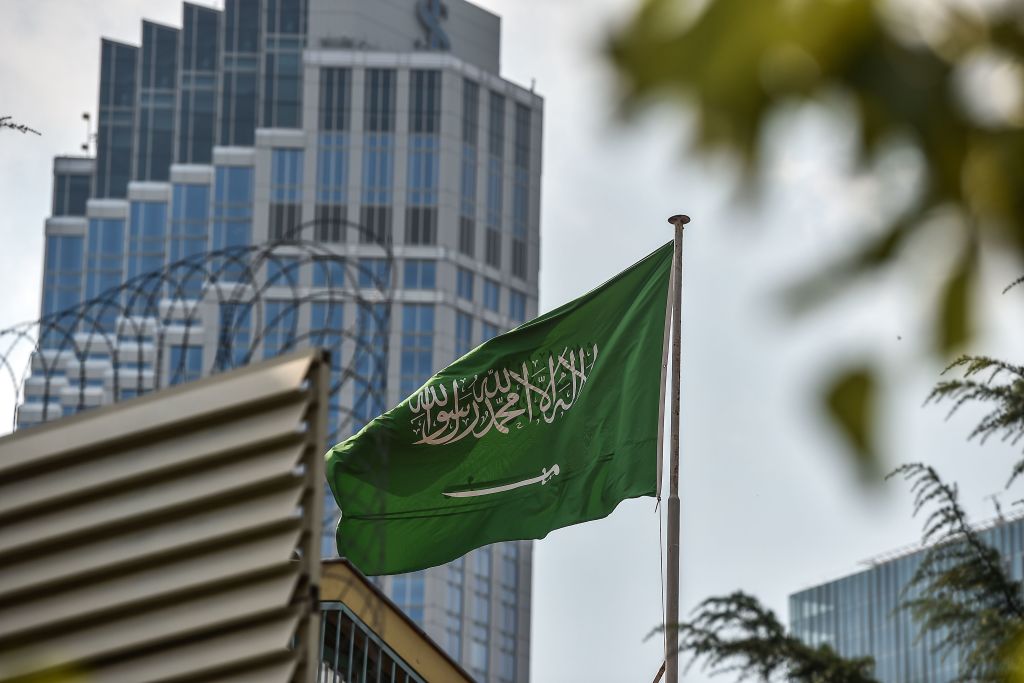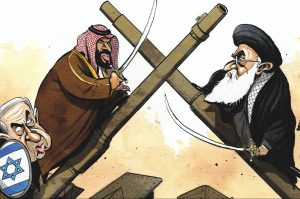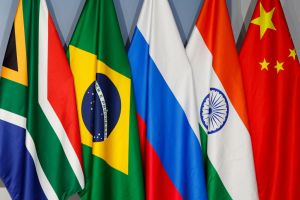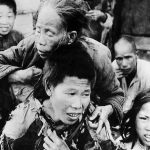The Washington Post is upset. That’s understandable: one of its contributors seems to have been tortured and killed. Many of the senior staff were close to Jamal Khashoggi, and are perhaps grieving.
But the trouble with journalists being upset is that they tend to turn themselves or their grief into the story. This exacerbates an already massive problem in Washington, where journalism is elevated into such a high civic duty it becomes almost religion. Well-known journalists here start to behave like bishops, incanting the accepted pieties and occasionally acting like a mafia to ensure nobody hurts the free speech church by speaking freely.
That’s exactly what is happening with the Khashoggi story. Yesterday the newspaper published a horrendously skewed news report about a right-wing ‘whisper campaign’ against Jamal Khashoggi. It said that a ‘cadre of conservative House Republicans allied with Trump has been privately exchanging articles from right-wing outlets that fuel suspicion of Khashoggi, highlighting his association with the Muslim Brotherhood in his youth and raising conspiratorial questions about his work decades ago as an embedded reporter covering Osama bin Laden.’ This has been done, apparently, to protect President Trump ‘as he works to preserve the US-Saudi relationship and avoid confronting the Saudis on human rights.’
Now, no doubt certain politicians and political hacks would use information to smear Khashoggi in order to help the Presidency. It’s also true that just the words ‘Muslim Brotherhood’ can make certain conservatives become irrational. But Khashoggi was a complicated figure and his death (or disappearance if you must) is a now a hugely important international story. His biography is not irrelevant. In fact, it seems crucial to understanding what has happened to him.
I believe that The Spectator was the first publication to ask serious questions about who Khashoggi was and what he was up to. Our cover piece last week was by John R. Bradley, who also knew Khashoggi but managed to look past that. It is excellent. If you haven’t read it, I would. We didn’t publish it to defend Donald Trump or some sinister right-wing agenda. We published it because it is fascinating.
Khashoggi, Bradley shows, was not a journalist so much as a dissident operator with lots of intriguing connections. His association with al-Qaeda pre-9/11 is interesting. His near life-long role in the Muslim Brotherhood is also interesting. His links to American intelligence are very interesting.
The Post disagrees. It cites ‘experts on the Middle East who have tracked his career’ to say that ‘while Khashoggi had once been ‘sympathetic to Islamist movements, he moved toward a more liberal, secular point of view.’ This is at best Jesuitical; at worst disingenuous. Khashoggi was a political Islamist to the end. He did not believe in secularism. He wanted an alliance of Islamic democratic states. There’s nothing wrong with that, necessarily. But it is relevant and worth saying, as it helps explain the dynamic by which he found himself on the wrong of the Saudi regime.
The reporters, in a move that won’t have harmed their careers, included a quote from Fred Hiatt, the Post’s editorial page director, who ‘sharply criticised the false and distorted claims about Khashoggi.’ (If that doesn’t read like propaganda I don’t know what does).
‘As anyone knows who knew Jamal — or read his columns — he was dedicated to the values of free speech and open debate. He went into exile to promote those values, and now he may even have lost his life for his dogged determination in their defense,’ Hiatt said in a statement. ‘It may not be surprising that some Saudi-inspired trolls are now trying to distract us from the crime by smearing Jamal. It may not even be surprising to see a few Americans joining in. But in both cases it is reprehensible.’
Saudi trolls have been active in casting aspersions on Khashoggi, no doubt. But does that mean Khashoggi was nothing but a cuddly liberal? Clearly not.
Sometimes, at newspapers or magazines, reporters are taken — or take themselves — off stories because they are too close to the story. They can’t see it objectively. At the Washington Post, when it comes to Jamal Khashoggi, the whole paper is too close to the story. It shows.
But there is a more significant irony here. Free speech demands that people be allowed to ask difficult questions, even of the lately dead. By telling their readers that those who circulate truths about Khashoggi’s past are smearing him, the media is betraying free speech in America while vigorously claiming to promote free speech in the Arab world. Yet most polite opinion accepts their view, and now Twitter is banning accounts that ‘smear’ Khashoggi. It stinks, actually.


















